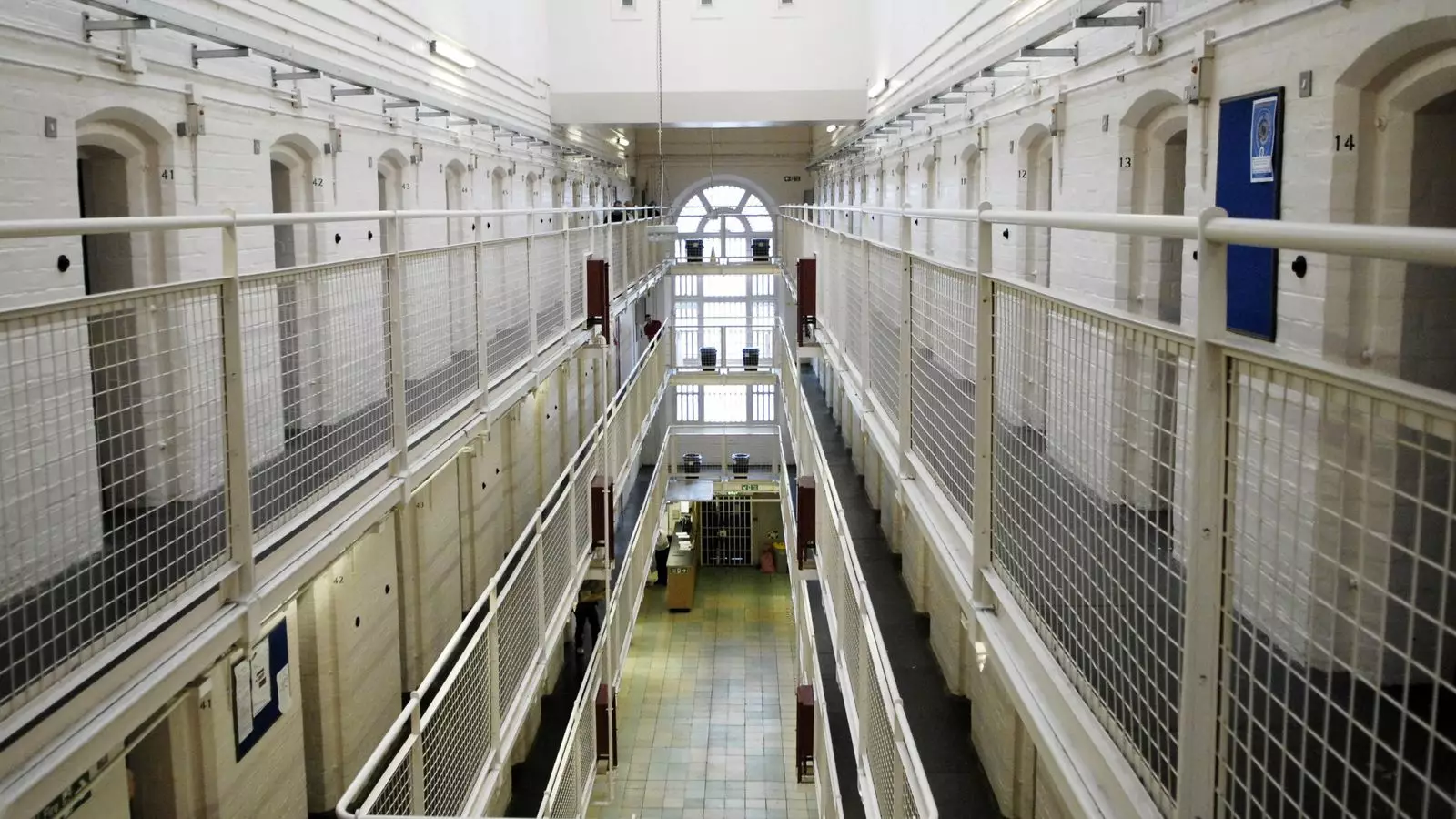The problem of overcrowded prisons in England and Wales has reached alarming proportions, and it has been exacerbated by successive governments’ insistence on being “tough on crime.” This approach reflects a reactionary stance rather than a strategic one, leading to an ever-increasing prison population. According to the Independent Sentencing Review, launched under the guidance of former lord chancellor David Gauke, this policy direction has often ignored the significant decline in crime rates since the mid-1990s. The reliance on longer sentences and the simplistic view of punishment as a solution overlook the complexities of crime and justice, ultimately creating a system under siege.
An Overwhelmed System: The Capacity Crisis
To grasp the seriousness of the prison crisis, one only needs to look at the numbers. England and Wales have one of the highest incarceration rates in Western Europe. The escalation was driven notably by the recall of offenders on license, a process that has ballooned from fewer than 100 recalls in 1993 to a staggering 13,000 by December 2024. The government’s reaction has included controversial measures such as the early release of thousands of inmates by reducing the proportion of their sentences served in custody from 50% to 40%. This maneuver was a desperate attempt to alleviate overcrowding, but it highlights a systemic failure rather than a genuine solution.
Prime Minister Sir Keir Starmer’s acknowledgment of the devastation wrought by years of “haphazard policymaking and underinvestment” emphasizes the urgent need for reform. The implications of past decisions have brought the criminal justice system “to the brink of collapse,” as recognized by Mr. Gauke. Politicians have often heightened penalties for various offenses without comprehensively considering how these changes affect the broader justice framework. It is crucial to recognize that merely increasing sentencing does not equate to delivering justice. On the contrary, such practices often frustrate victims while failing to address the underlying issues driving criminal behavior.
The sentencing review indicates that a reevaluation of who should be imprisoned and for what duration is imperative. Proposals to implement tougher sentences outside the confines of prison are not only practical but necessary. Gauke argues that “punishment will always be a central aim of the criminal justice system,” but it does not have to be synonymous with incarceration. The review posits that effectively addressing crime requires a wider conversation on diverse forms of punishment, particularly in an era when prisons are overwhelmed and resources are stretched thin.
The Consequences of Inconsistency in Sentencing
Another critical takeaway from the review is the pernicious effect of introducing new offenses and mandatory minimum sentences. These reforms, often spearheaded by high-profile cases, have led to greater inconsistencies in sentencing and left many victims with feelings of injustice. As noted by Andrew Neilson of the Howard League for Penal Reform, the prison environment has become increasingly violent and fraught with tension, serving as a breeding ground for future criminal activity rather than a rehabilitative space.
In light of these findings, the need for significant reform becomes undeniable. The report argues that a reset of the system is required, one that does not merely alleviate overcrowding but addresses the root causes of crime and the deficiencies within the probation and prison systems. An overhaul that prioritizes resources for community services and focused rehabilitative efforts over mere incarceration could lessen the pressure on the justice system while improving public safety overall.
The Independent Sentencing Review lays bare the complexities of the current crisis within the justice framework of England and Wales. A shift in approach, focusing on strategic reforms and a diversified understanding of punishment, is the need of the hour. We must face the reality that an overcrowded prison system does not serve justice; instead, it perpetuates cycles of crime and despair. The time to act is now.



Leave a Reply